You are here
Back to topCosta Plans More Berry Cultivation in China
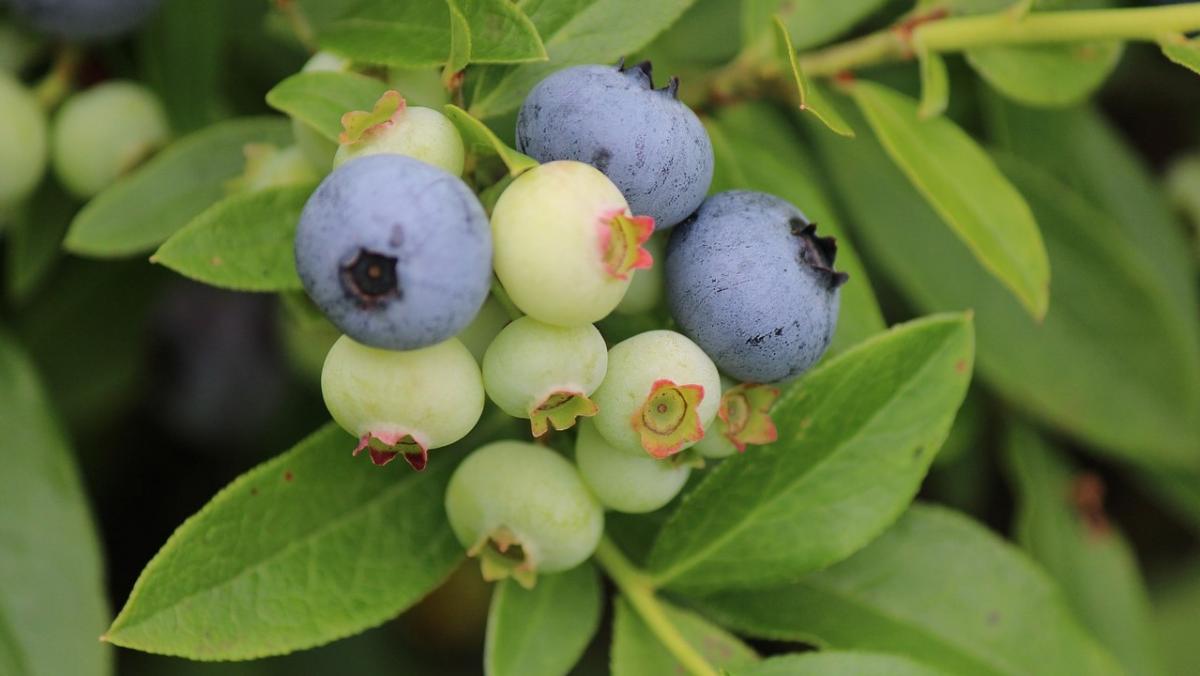
According to The Sydney Morning Herald, many farmers in Australia suffered severe losses in 2022 due to heavy rainfall and flooding brought about by La Niña. Costa Group, the country’s largest avocado producer, is also trying to recover from these problems. It is reported that the company intends to sell some of its avocado orchards to become more focused on berry and citrus fruits and exports to China.
Harry Debney, Costa’s interim chief executive, said that the company was considering scaling back its avocado business, which has been unprofitable for two consecutive years and currently accounts for only 5% of Costa’s total revenue. The company has reportedly conducted an in-depth survey of all of its farms and identified some low-yielding ones that will likely be scaled back or even divested from.
The supply of avocados has long exceeded market demand in Australia, thus keeping prices low. The recent weather-related events have made prospects even worse.
According to Debney, Costa has approximately 4,700 hectares of citrus orchards that have been “smashed” by recent weather events almost every other week. Under normal conditions, Costa exports 70% of its harvest to Japan, China and South Korea. However, exports have now dropped by 20% as a result of the bad weather. Debney reportedly hopes that weather conditions will return to normal in 2023 and allow Costa’s citrus exports to recover.
Fruit fly issues have also long plagued the avocado industry on the east coast of Australia. Consequently, only avocados from Western Australia are permissible to enter Japan and some other Asian countries. Debney called for assistance from the Australian government to facilitate avocado exports to Asian markets.
Despite the challenges with avocados and citrus fruits, the company has still experienced significant growth driven by its berry, mushroom and tomato business areas, supported by price increases. These three sectors currently make up 22%, 20% and 13% of Costa’s total revenue, respectively.
Debney emphasized the importance of further exploring overseas markets and regards it as the key to the company’s development. China will be a particular priority, with the horticultural giant intending to expand its blueberry cultivation area in China from 400 to 700 hectares in three years. India and Laos are also being considered as promising opportunities for the company.
Founded in 1903, Costa is Australia’s leading produce grower, packer and marketer, with business covering multiple fruit categories such as berries, mushrooms, tomatoes, citrus, bananas, avocados and grapes. In Australia, the company has over 7,000 hectares of farmland, 40 hectares of greenhouses and three mushroom planting facilities. Each year, Costa exports approximately 30 million Australian dollars worth of table grapes and citrus fruits to China, and China accounts for around 10% of the company’s total exports. In January 2016, Costa joined hands with global berry giant Driscoll’s in establishing a joint venture in China’s Yunnan province. With the aim of growing berries in and for China, the newly formed company now has multiple orchards around Yunnan, with key crops including blueberries, blackberries and raspberries.
Image: Pixabay
This article was translated from Chinese. Read the original article.



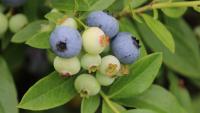
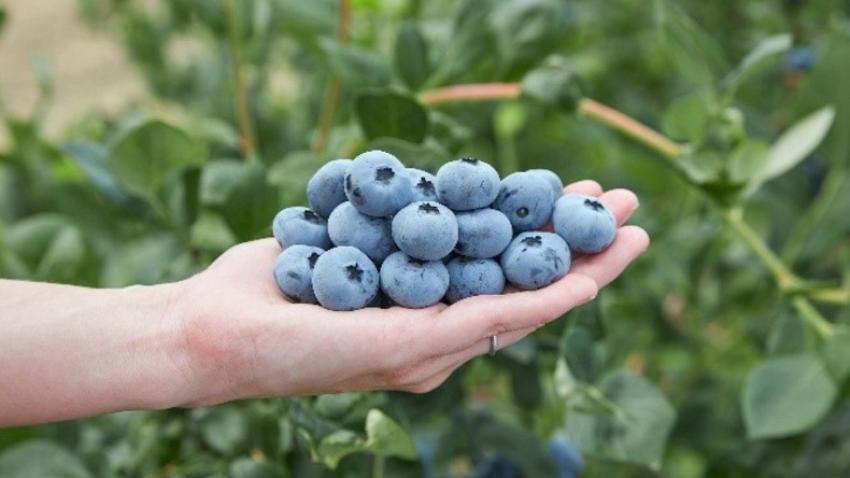

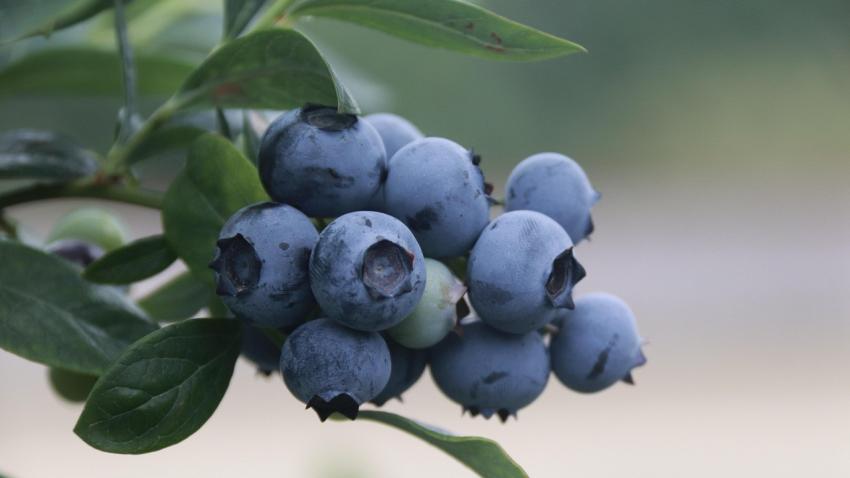
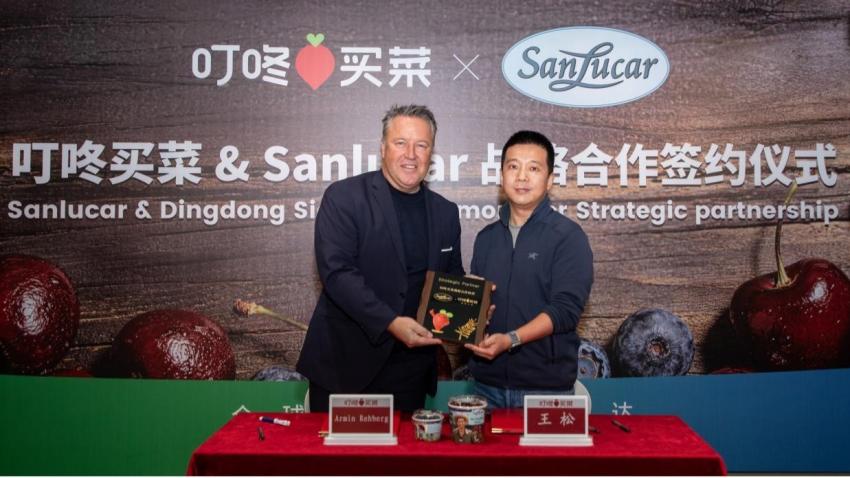







Add new comment